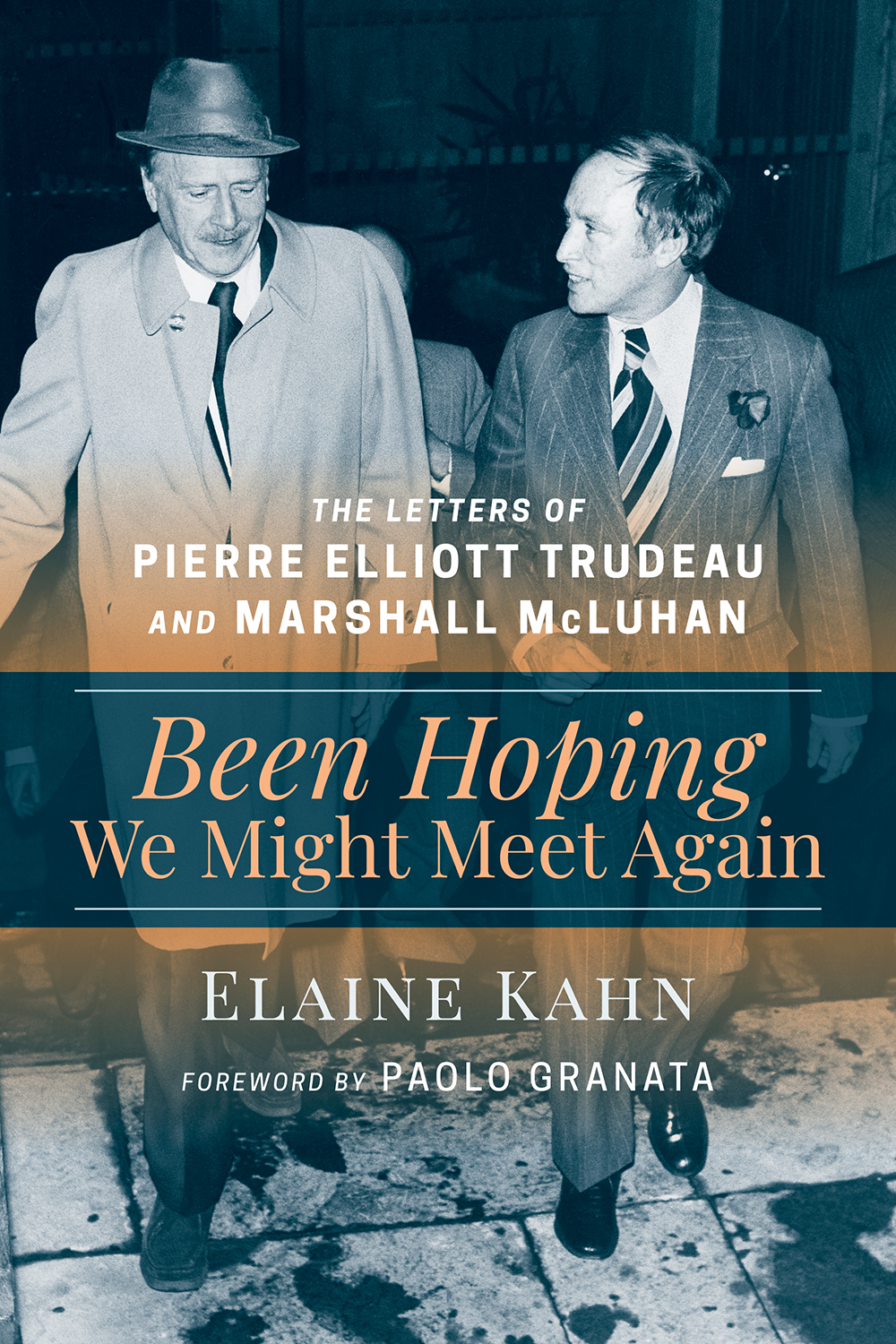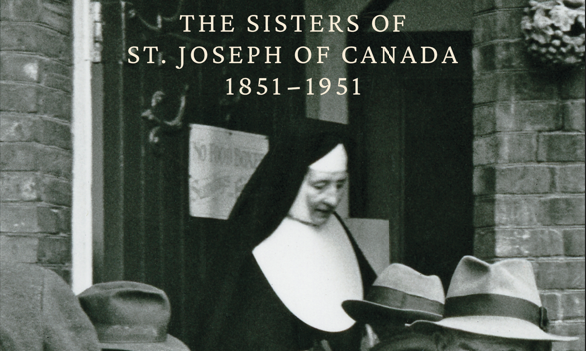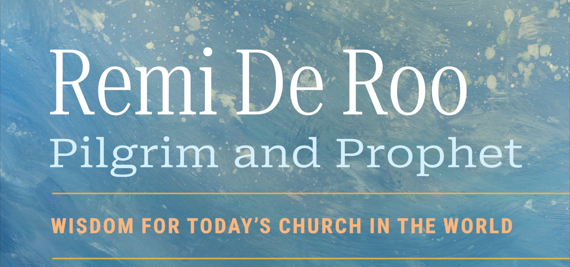
BEEN HOPING WE MIGHT MEET AGAIN
People have asked me a few times over the last couple of months about a particular title we published. It is Been Hoping We Might Meet Again: The Letters of Pierre Elliott Trudeau and Marshall McLuhan.
At first blush, this seems a peculiar book for Novalis. It isn’t really a religious book, nor is it even spiritual. So it doesn’t fit easily into our usual fare of catechetical, liturgical or spiritual devotional titles. It has nothing to do with scripture or church history. It is most definitely NOT a Bible.

But for me, it is an important book to read for anyone who wants a deep understanding on the nature of religious faith and its influence on Canadian society. Anyone who purports to understand this country needs to know the place of these two men — the once prime minister of Canada and the internationally famous media guru. And to understand them, we must know that faith — more specifically the Catholic faith — was an essential component of who they were and how they viewed their work.
Both men were serious intellectuals and serious Roman Catholics. Trudeau was heavily influenced by the work of the French personalist Emmanuelle Mounier and the Christian humanism of Jacques Maritain, among other French theologians of the mid-twentieth century. Throughout his life, he practiced his faith, though his views on how these were to shape his behaviour — both private and public — were not orthodox. Nevertheless, he was educated by Quebec Jesuits and later in life spent considerable time with his Dominican friends in Montreal, engaging in debates on the spiritual life. His faith was indisputably important to him.
Marshall McLuhan, famous worldwide for his snappy aphorisms on the place of media in the modern world (“The medium is the message,” among the best known), was at the polar opposite end of the ecclesiological spectrum. He was a convert, a daily communicant when he taught at the University of St. Michael’s College in Toronto, and a dismayed observer of the reforms of the Second Vatican Council (1962-1965).
The two men struck up an acquaintance in the 1960s and it developed into a warm friendship that lasted until McLuhan’s death in 1980. Elaine Kahn, a Canadian former journalist and close observer of the careers of both men, has done us the favour of pulling together a complete collection of their correspondence in this book, along with interesting annotations and a moving closing chapter to place them in the spirit of their times.
As Vatican observer Michael W. Higgins noted in his review in The Tablet earlier this spring, the letters ranged widely in subject matter.
“The letters between McLuhan and Trudeau are not exclusively or even primarily about their Catholicism,” Higgins wrote. “They are broad-ranging in their content, often political without being specifically partisan, although it is clear that McLuhan is impressed by Trudeau’s leadership and federalist vision and that the correspondence is warm and even tender and supportive – but Catholic themes, allusions, and moments of sacramental solidarity are often implicit in their exchanges.”
This is not surprising. Few of us are one-dimensional. Our lives and interests range widely and we integrate into our identities all our formational experiences. But what made the correspondence of these particular men into a Novalis book?
I would argue that, along with the religious implications, the attitude of McLuhan and Trudeau toward the rest of the world was in part shaped by their understanding of the Infinite. They expressed an openness toward the stranger and the strange, a delight with the new and a lack of fear toward difference that is positively refreshing today.
We live in a global society in which, increasingly, fear and hatred of strangers and human differences dominates civil and political debate — personified sadly by Donald Trump. Been Hoping We Might Meet Again offers a glimpse into a time when we were not so afraid, when we were hopeful and idealistic, eager to make the world a better place. It is the anti-Trump book par excellence, offering an alternative model for public engagement that fits wholly within Catholic social teaching.
–Joseph Sinasac, Publishing Director


